Professor Hugh Pennington is apparently unstuck in time, like Bill Murray in Groundhog Day.
In November 1996, over 400 fell ill and 21 were killed in Scotland by E. coli O157:H7 found in deli meats 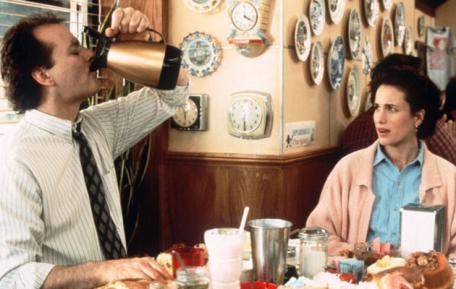 produced by family butchers John Barr & Son. The Butcher of Scotland, who had been in business for 28 years and who was previously awarded the title of Scottish Butcher of the Year, was using the same knives to handle raw and cooked meat. That’s a food safety no-no.
produced by family butchers John Barr & Son. The Butcher of Scotland, who had been in business for 28 years and who was previously awarded the title of Scottish Butcher of the Year, was using the same knives to handle raw and cooked meat. That’s a food safety no-no.
In a 1997 inquiry, Prof. Pennington recommended, among other things, the physical separation, within premises and butcher shops, of raw and cooked meat products using separate counters, equipment and staff.
In 2008, Prof. Pennington heard in a new inquiry how John Tudor and Son, the Butcher of Wales, used the same machine to vacuum package both raw and cooked meats, leading to an E. coli O157:H7 outbreak beginning in Sept. 2005, which sickened some150 children in 44 schools in southern Wales and killed five-year-old Mason Jones.
This morning, a consumer watchdog said food hygiene services in Wales need an extra £2.5m a year to help prevent a repeat of a fatal 2005 E. coli outbreak.
I’m not sure extra money is going to change anything. If someone wants to clearly skirt with food safety, as butcher William Tudor did, bad things will happen. And the local councils were already turning a blind eye to Tudor’s most egregious actions.
The Butcher of Wales was shown to have:
• encouraged staff suffering from stomach bugs and diarrhea to continue preparing meat for school dinners;
• known of cross-contamination between raw and cooked meats, but did nothing to prevent it;
• used the same packing in which raw meat had been delivered to subsequently store cooked product;
• operated a processing facility that contained a filthy meat slicer, cluttered and dirty chopping areas, and meat more than two years out of date piled in a freezer;
• a cleaning schedule at the factory that one expert called "a joke;"
• falsified crucial health and safety documents and lied about receiving hygiene awards; and,
• supplied schools with meat that was green, smelly and undercooked.
Professor Chris Griffith, head of the food research and consultancy unit at the University of Wales Institute, Cardiff, told the inquiry the culture at the premises was “dominated by saving money.”
 So who allowed Tudor to operate under such conditions?
So who allowed Tudor to operate under such conditions?
Government inspectors.
Prof. Pennington heard that Tudor and Son was visited several times in the months leading up to the Sept. 2005 outbreak, that inspectors knew there was only one vac-pac machine being used for both cooked and raw meats but, despite Pennington’s 1997 recommendation, inspectors decided the business did not pose "an imminent risk" to human health.
"There was a failure in the series of inspections to identify poor hygiene and working practices and a failure to take action."
The inspectors also took on "face value" explanations offered by Tudor and his staff for various food safety failures.
Among the recommendations in the report issued this morning is that,
The Food Standards Agency should issue clear guidance to inspectors that the use of the same equipment to process raw and ready-to-eat foods is totally unacceptable.
Does anyone need extra money to clearly state food safety basics?
 And for some unknown reason, campylobacter cases show a marked seasonal trend with peaks in the late spring – around the third week of May – and again in the autumn.
And for some unknown reason, campylobacter cases show a marked seasonal trend with peaks in the late spring – around the third week of May – and again in the autumn.
 Mason Jones (right), from Deri, near Bargoed, Caerphilly, died in the worst E.coli O157 food poisoning outbreak to hit Wales five years ago.
Mason Jones (right), from Deri, near Bargoed, Caerphilly, died in the worst E.coli O157 food poisoning outbreak to hit Wales five years ago.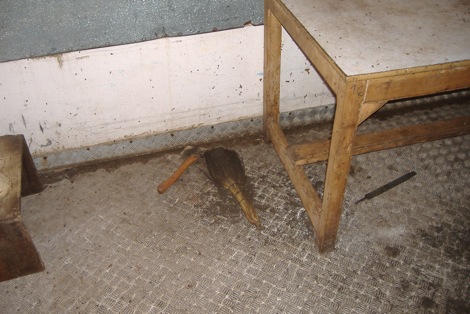 Star ratings from zero to five allocated under the Food Standards Agency’s scores-on-the-doors scheme will be listed on a single website.
Star ratings from zero to five allocated under the Food Standards Agency’s scores-on-the-doors scheme will be listed on a single website. Public health types have just published a report, concluding that sick staff likely had returned to work too soon after being ill and were still infectious, unintentionally contaminating customers’ food.
Public health types have just published a report, concluding that sick staff likely had returned to work too soon after being ill and were still infectious, unintentionally contaminating customers’ food.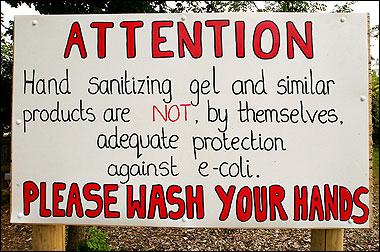 “The mind boggles as to how many establishments have zero star ratings but are still allowed to operate,” said Paul.
“The mind boggles as to how many establishments have zero star ratings but are still allowed to operate,” said Paul.
 produced by family butchers John Barr & Son. The Butcher of Scotland, who had been in business for 28 years and who was previously awarded the title of Scottish Butcher of the Year, was using the same knives to handle raw and cooked meat. That’s a food safety no-no.
produced by family butchers John Barr & Son. The Butcher of Scotland, who had been in business for 28 years and who was previously awarded the title of Scottish Butcher of the Year, was using the same knives to handle raw and cooked meat. That’s a food safety no-no. So who allowed Tudor to operate under such conditions?
So who allowed Tudor to operate under such conditions?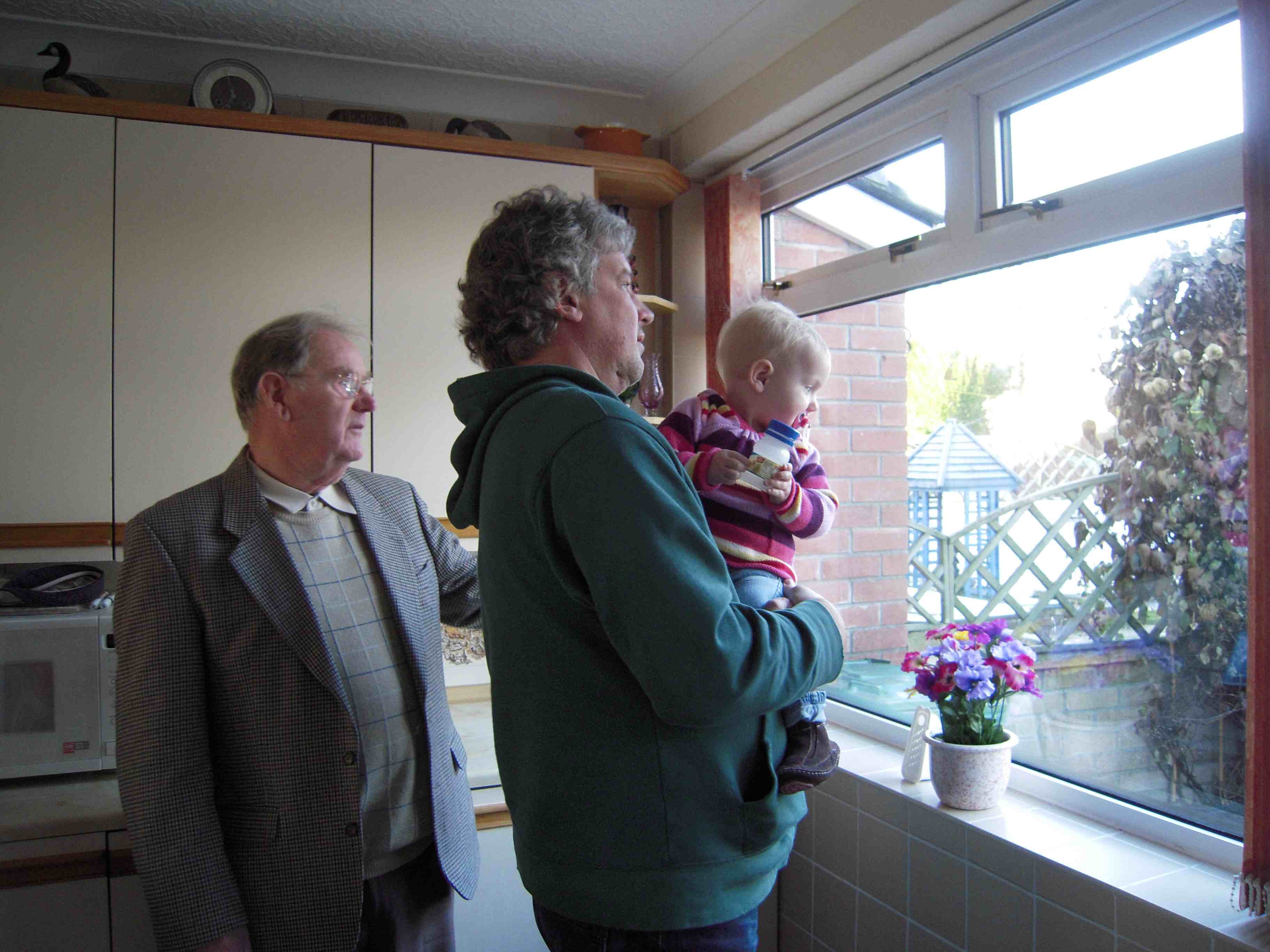 A hospital spokesman said it was not yet clear whether those suffering from the bacterial infection had caught it in the community or in hospital.
A hospital spokesman said it was not yet clear whether those suffering from the bacterial infection had caught it in the community or in hospital. “How would you like that done?”
“How would you like that done?” Must run in the family. When I returned the table-top, the first thing a server did was wipe it down with a cloth soaked in sanitary solution.
Must run in the family. When I returned the table-top, the first thing a server did was wipe it down with a cloth soaked in sanitary solution.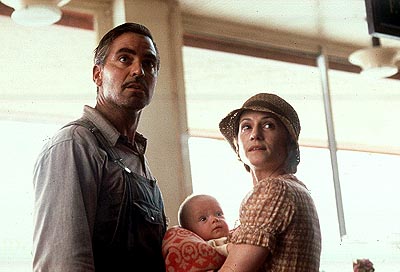 Or something like that from George Clooney in the 2000 movie and Courtlynn favorite, O Brother Where Art Thou.
Or something like that from George Clooney in the 2000 movie and Courtlynn favorite, O Brother Where Art Thou.
.jpg) The South Wales Echo is reporting today
The South Wales Echo is reporting today